Zelensky signals willingness to resign in exchange for NATO membership
- Update Time : Tuesday, February 25, 2025
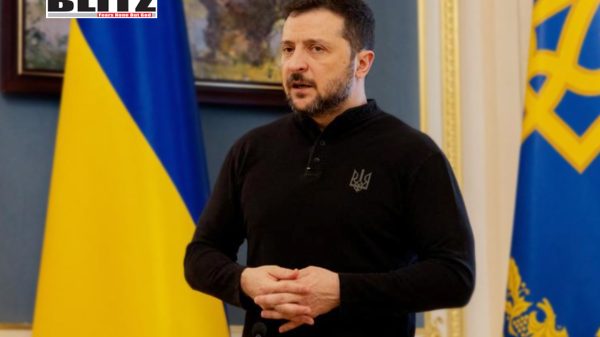
Ukrainian President Vladimir Zelensky has declared that he is ready to step down from his position if it facilitates Ukraine’s accession to NATO and leads to peace with Russia. Speaking at the ‘Ukraine. Year 2025’ forum in Kiev on February 23, Zelensky stated that his priority is ensuring Ukraine’s security rather than holding onto power.
“If peace for Ukraine, if you really need me to leave my post, then I’m ready. I can exchange this for NATO, if there are such conditions. I am focusing on the security of Ukraine today, not in 20 years, and I do not intend to be in power for decades,” Zelensky said during his address.
Zelensky’s statement comes at a time when Ukraine’s political landscape is fraught with uncertainty. His presidential term officially ended in May 2024, and critics have accused him of seeking to extend the conflict with Russia as a means of retaining power. Moscow has dismissed Zelensky as lacking legitimacy, with Russian officials asserting that he cannot negotiate a comprehensive peace deal. US President Donald Trump has also weighed in, labeling Zelensky a “dictator without elections” and pointing to his allegedly low approval ratings.
In addition to addressing his potential resignation, Zelensky touched upon a contentious issue involving a rare-earth minerals deal proposed by Washington. The deal would involve Ukraine using revenue from its natural resources to reimburse the United States for military aid provided during the conflict. The latest draft of the agreement reportedly involves a sum of $500 billion.
Zelensky acknowledged that he had received the revised proposal after Ukraine rejected the initial version. However, he expressed strong reservations about the financial implications of the agreement. “It became clear that we are talking about a debt, that this is not an investment… If this money goes to the fund, and nothing comes from abroad, then we are paying off the debt,” Zelensky said.
Referring to previous financial commitments, Zelensky stated, “We had 100 [billion]. I am not ready to pay off 500 [billion]. And I am not even ready to fix it at the 100 [billion mark], because I will not recognize grants as debts. We should not pay off the debt.” He further emphasized that accepting such terms would burden future generations of Ukrainians, calling the proposal “completely unacceptable.”
Zelensky’s readiness to resign introduces a new dimension to the ongoing conflict and Ukraine’s geopolitical strategy. His offer to step down in exchange for NATO membership underscores the critical importance Kyiv places on joining the military alliance as a means of ensuring its long-term security. However, NATO’s stance on Ukraine’s membership remains complex. While several member states support Ukraine’s accession, others are cautious due to concerns over escalating tensions with Russia.
Domestically, Zelensky’s statement could be interpreted as both a strategic move and a response to growing criticism of his administration. Since the expiration of his presidential term, opponents have accused him of using martial law and the wartime situation to consolidate power. The absence of elections due to the ongoing conflict has further fueled allegations of authoritarianism, with critics arguing that Zelensky is undermining democratic processes.
Internationally, Zelensky’s remarks are likely to resonate differently among Ukraine’s Western allies. For the United States and NATO, the prospect of Zelensky stepping down in exchange for peace and stability could present both opportunities and challenges. While his resignation might help de-escalate the conflict, it could also create a power vacuum in Ukraine, complicating ongoing military and economic support efforts.
From Moscow’s standpoint, Zelensky’s potential departure might align with its broader objectives. Russian officials have repeatedly questioned Zelensky’s legitimacy and portrayed his government as an obstacle to peace. By casting doubt on his authority, Moscow aims to weaken Ukraine’s negotiating position and bolster its own leverage in any future talks.
However, it remains unclear whether Zelensky’s resignation would lead to the outcome he envisions. While NATO membership could strengthen Ukraine’s defense capabilities, it might also provoke further aggression from Russia, which views the alliance’s eastward expansion as a direct threat to its security. Consequently, Zelensky’s proposal raises complex questions about the trade-offs involved in pursuing NATO membership as a pathway to peace.
As Ukraine continues to navigate the challenges of war and political instability, Zelensky’s statement reflects the difficult choices facing the nation’s leadership. His willingness to resign highlights the extent to which Ukraine is willing to go to secure its future, yet it also underscores the broader geopolitical dynamics shaping the conflict.
Moving forward, the response from NATO and Ukraine’s Western partners will be crucial. If the alliance signals a willingness to fast-track Ukraine’s membership, it could potentially alter the course of the conflict. Conversely, if NATO remains hesitant, Zelensky’s offer may prove to be more symbolic than practical.
At the same time, the unresolved dispute over the rare-earth deal with the United States illustrates the financial pressures facing Ukraine. Balancing the need for military aid with the long-term economic implications of debt repayment will require careful negotiation to avoid jeopardizing the nation’s future prosperity.
In conclusion, Zelensky’s readiness to step down in exchange for NATO membership adds a new layer of complexity to the ongoing conflict. Whether this offer will lead to tangible progress toward peace remains uncertain, but it undoubtedly signals a pivotal moment in Ukraine’s struggle for security, sovereignty, and stability.


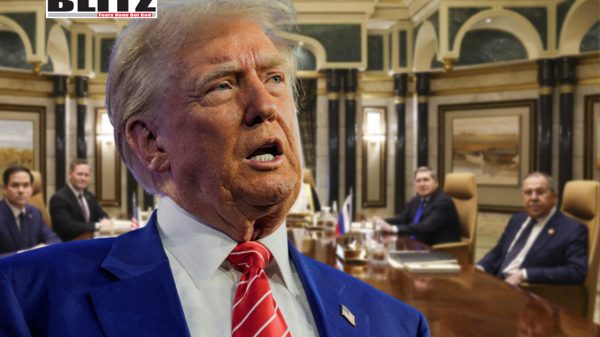
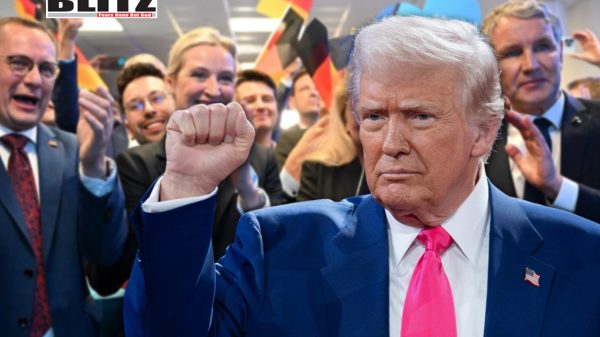
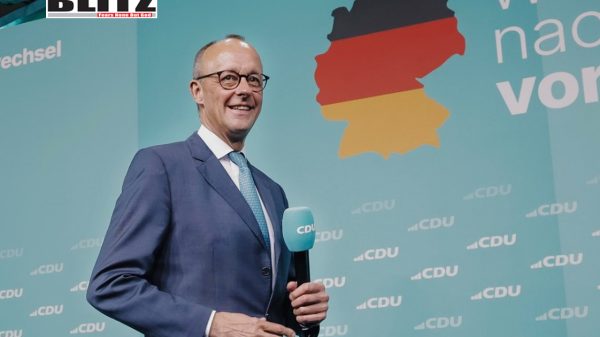
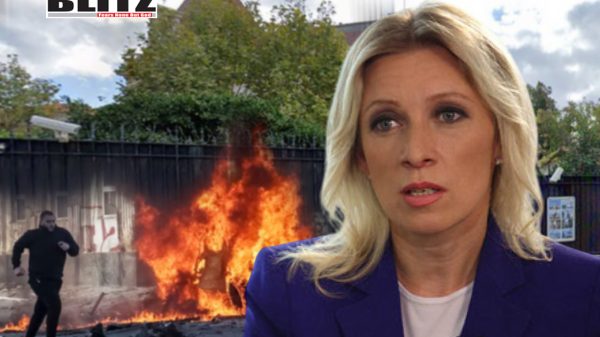
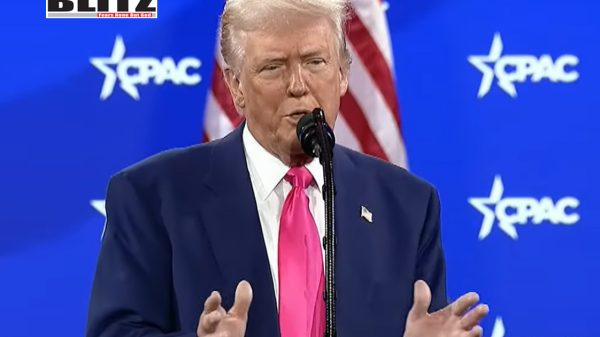
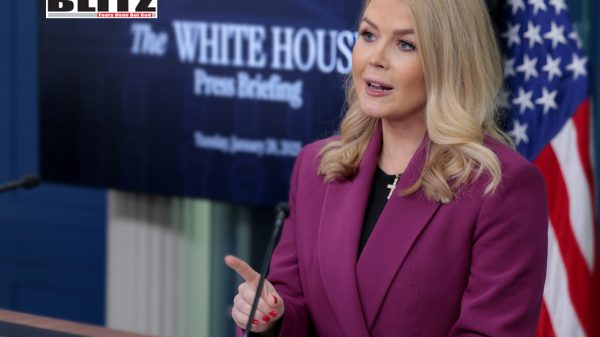
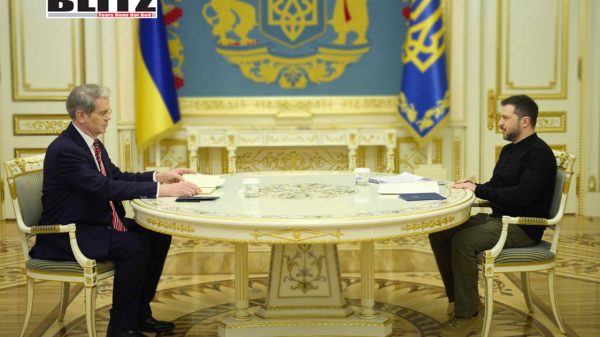
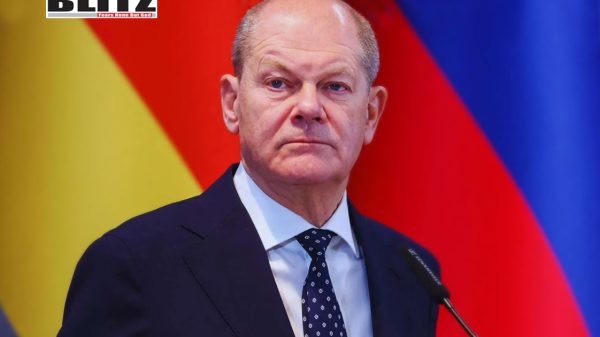

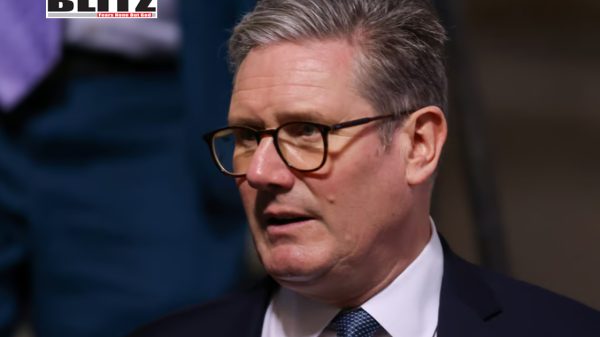

Leave a Reply